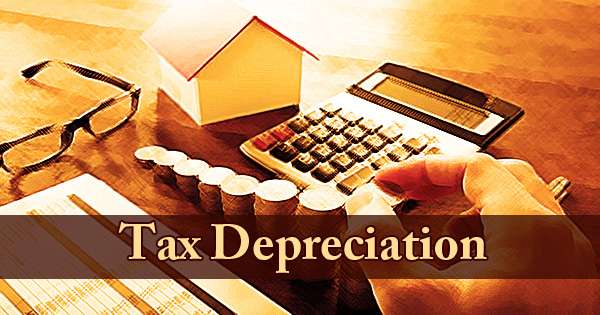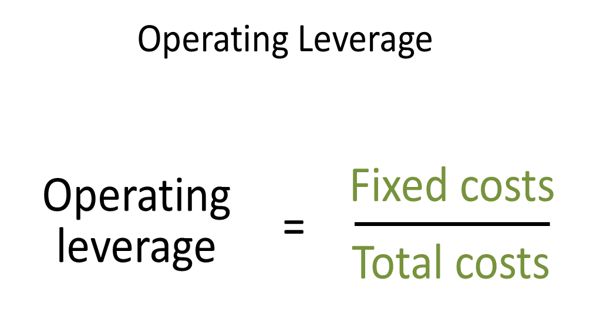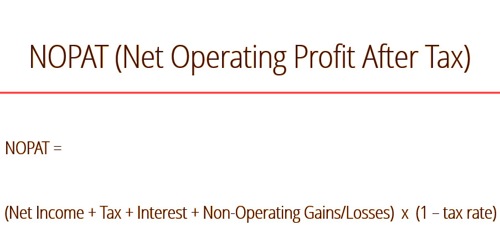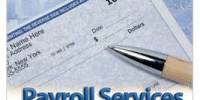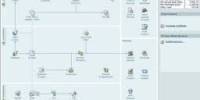Tax depreciation is the depreciation which under the applicable tax laws, may be reported as an expense on a tax return for a given reporting period. Tax depreciation, similar to accounting depreciation, allocates depreciation costs throughout several years. Depreciation is the gradual payment over its useful life at the expense of the cost of a fixed asset. Depreciation rights can be divided into two basic groups;
Capital allowances: Capital allowances are based on the property’s historical construction expense, excluding the value of the properties of the plant and equipment. Allowances can be asserted on the original value of the building where it was built after September 16, 1987, or on any subsequent qualifying renovation or development carried out either by the previous owner or by you.
Plant and equipment items: As specified by the Australian Taxation Office (ATO), plant and equipment products are generally “loose assets” or control panels for automated systems. A list of these assets is released by the ATO around July every year. The most popular plant assets in residential property are;
- Bathroom accessories
- Exhaust fans
- Hot water systems
- Carpets
- Vinyl
- Blinds
- Curtains
- Air conditioners
- Door closers
- Security systems, and etc.
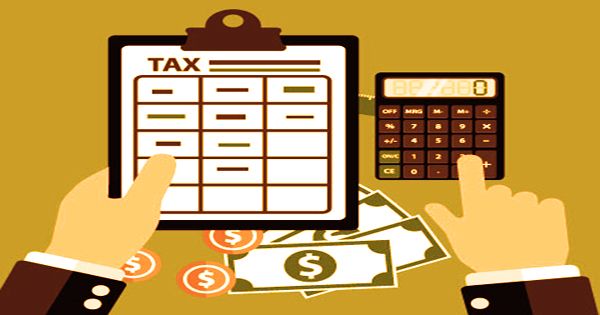
(Tax Depreciation)
Depreciation payments are viewed by tax authorities as tax deductions. In other words, to minimize their taxable income and the tax sum owed, taxpayers may report depreciation expenses on qualifying tangible assets. From a tax deferment point of view, it is not a bad thing to charge a cost to spend at once which decreases the amount of money in the short term on which income taxes must be charged. Tax regulations related to depreciation can range amongst exceptional tax jurisdictions. Therefore, the belongings eligible for a declare of tax depreciation fee may also fluctuate among countries.
In comparison, book depreciation is normally measured on a straight-line basis, resulting in a more fair distribution of the cost over the life of the asset and generally providing a clearer reflection over time of the real decrease in the value of an asset. Nevertheless, there are numerous key standards for the assets to be considered eligible for depreciation claims that should be located across a variety of jurisdictions:
- A taxpayer owns the asset: Only for those properties which are deemed to be property owned by a taxpayer will a taxpayer assert depreciation expenses.
- The asset is used in the income-generating activities: A taxpayer can deduct depreciation expenses only for assets that are employed in the company or activities that produce income. Therefore, properties intended exclusively for personal use are not liable for a claim for depreciation.
- The asset has a determinable useful life: The asset liable for the depreciation claim must have a fairly estimated useful life. In other words, a fair estimate can be given of the number of years over which the asset will remain in operation until it becomes redundant or will cease to provide any economic benefits.
- The asset’s useful life exceeds one year: Only for long-term assets will depreciation be asserted. It ensures that the assets have more than one year of useful life.
Tax depreciation is primarily based on a rigid set of regulations that allow a certain amount of depreciation depending upon the asset classification assigned to an asset, irrespective of the authentic utilization or beneficial lifestyles of the asset. Conversely, ebook depreciation is more carefully aligned with the authentic utilization of an asset, and may additionally even be assigned on a personal asset basis. Notice that the cost of depreciation reported by a corporation in its financial statements can vary from the expense of depreciation claimed in the tax return. The reasoning is that the formulas used to assess depreciation costs for accounting and tax purposes do not always coincide.
Information Sources:
